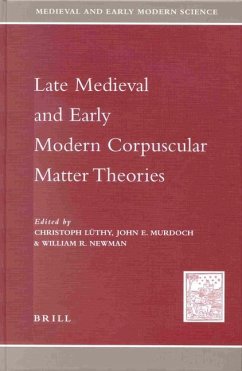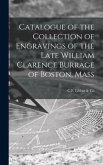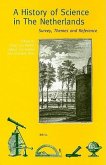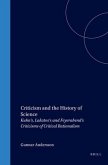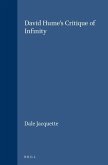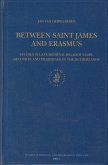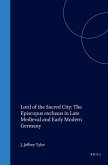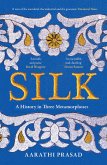This volume deals with corpuscular matter theory that was to emerge as the dominant model in the seventeenth century. By retracing atomist and corpuscularian ideas to a variety of mutually independent medieval and Renaissance sources in natural philosophy, medicine, alchemy, mathematics, and theology, this volume shows the debt of early modern matter theory to previous traditions and thereby explains its bewildering heterogeneity. The book assembles nineteen carefully selected contributions by some of the most notable historians of medieval and early modern philosophy and science. All chapters present new research results and will therefore be of interest to historians of philosophy, science, and medicine between 1150 and 1750.
Hinweis: Dieser Artikel kann nur an eine deutsche Lieferadresse ausgeliefert werden.
Hinweis: Dieser Artikel kann nur an eine deutsche Lieferadresse ausgeliefert werden.

